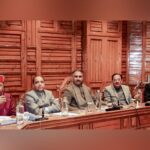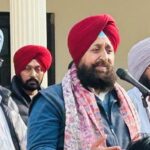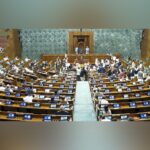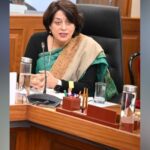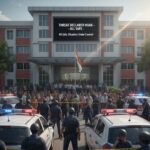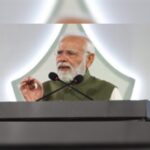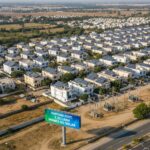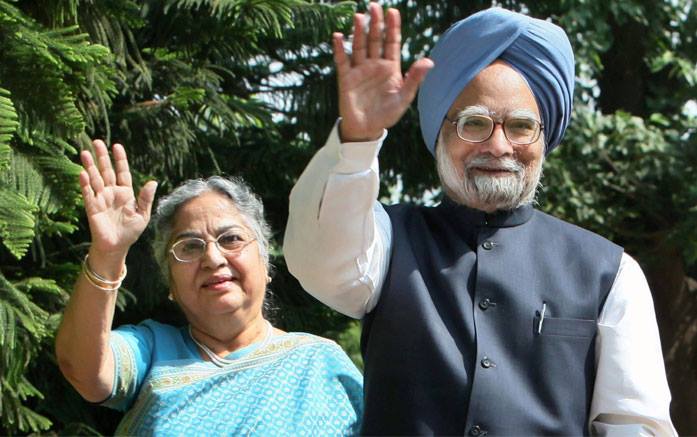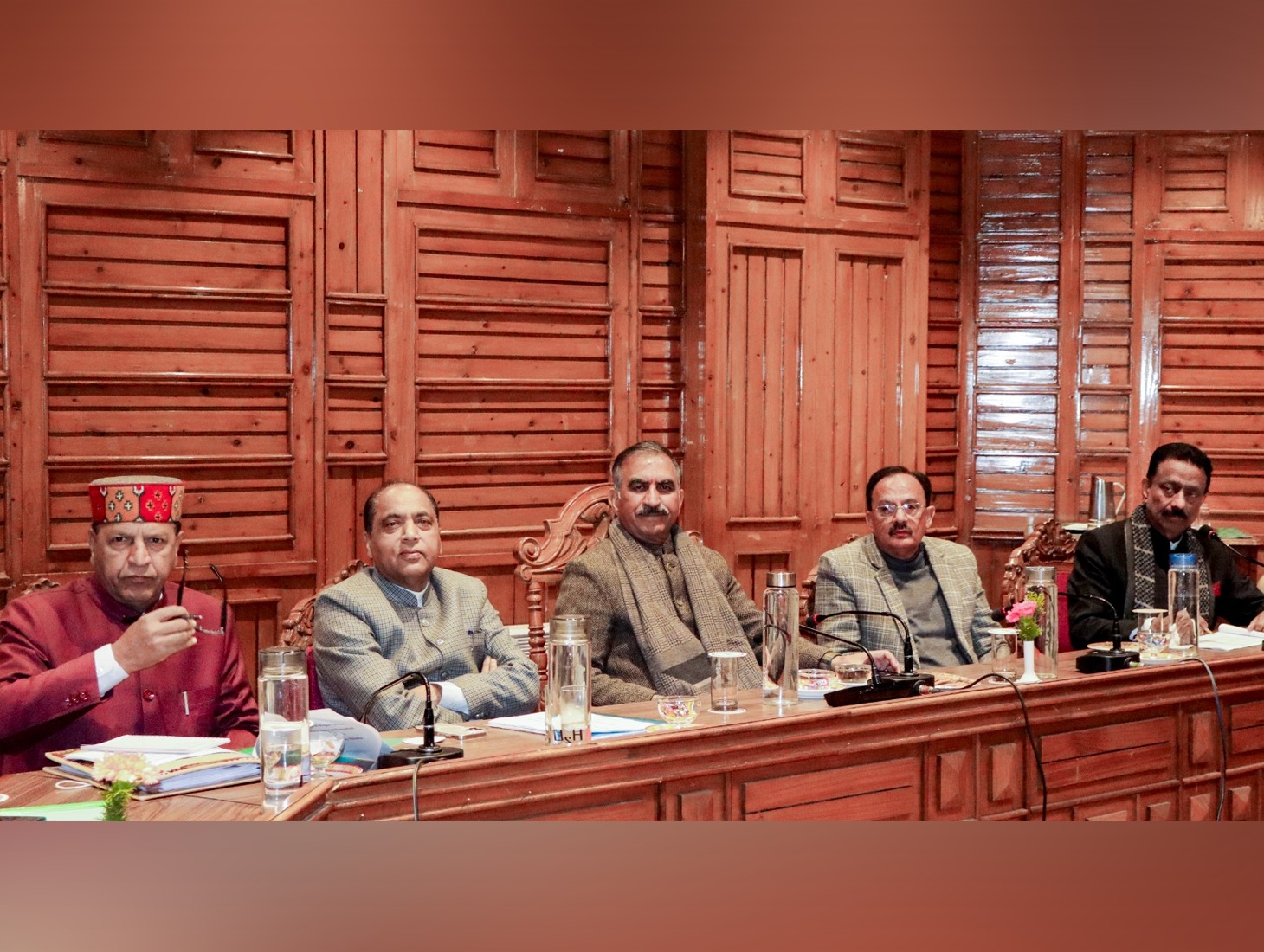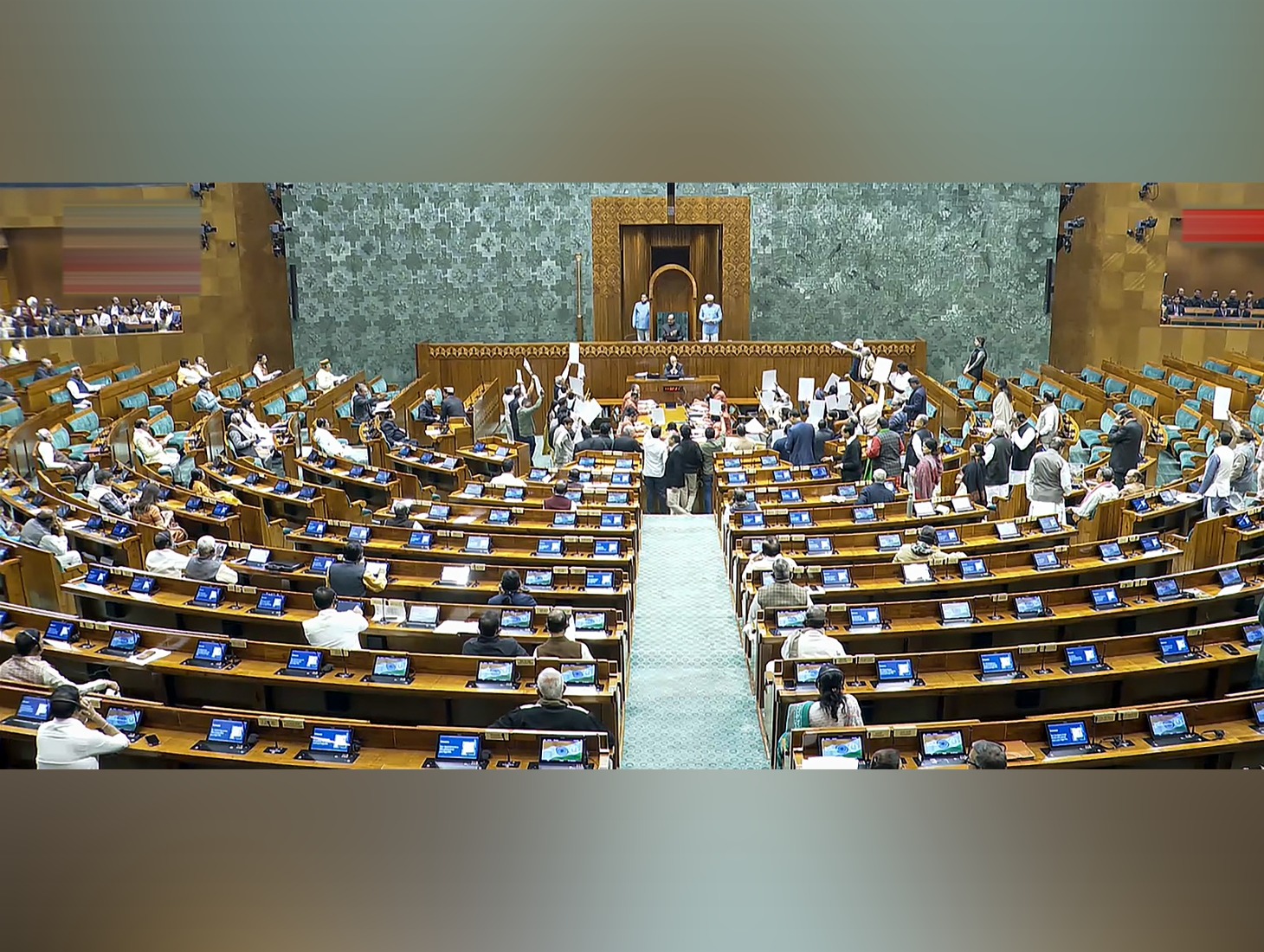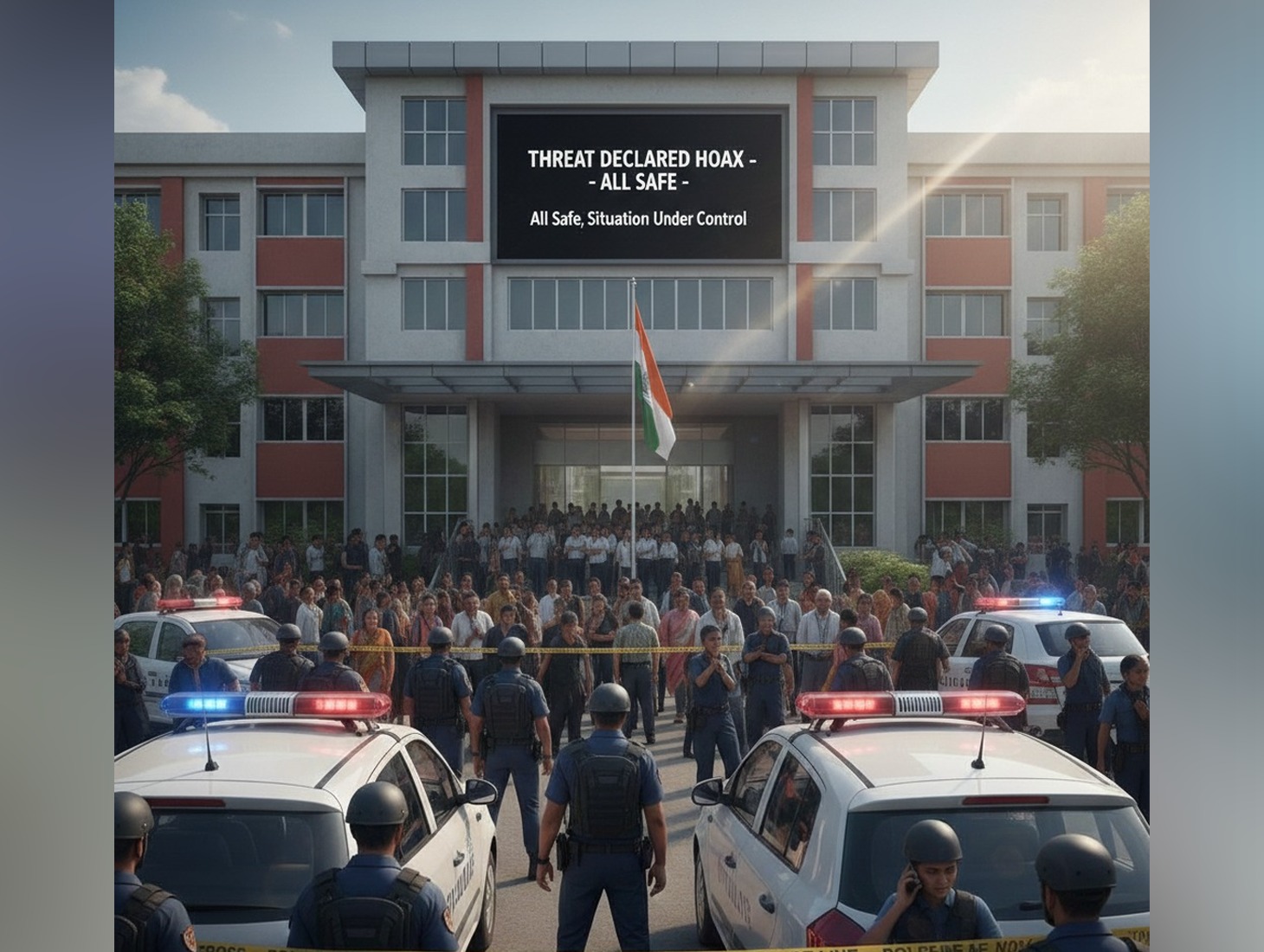North News
New Delhi, December 27
Born in Punjab in 1932, former Prime Minister Dr. Manmohan Singh’s journey from academia to politics remains an inspiration. He retired from the Rajya Sabha earlier this year after an illustrious 33-year-long service. Known for his memorable quote in 2014, “I honestly believe that history will be kinder to me than the contemporary media,” his words resonate as leaders across political and international spectrums pay tribute to his contributions. Dr. Manmohan Singh has died at the age of 92. The senior Congress leader passed away at 9:51 pm on Thursday after being admitted to AIIMS Delhi in critical condition.
In her book Strictly Personal, Daman Singh offers an intimate account of her father, Dr. Manmohan Singh, and mother Gursharan Kaur. The 2014 memoir recounts how Singh initially enrolled in a pre-medical course in 1948, following his father’s wishes, but dropped out within months. “I didn’t have the time to think,” Singh admitted to his daughter. Disinterested in science, he briefly joined his father’s shop before deciding to return to college, enrolling in Hindu College in September 1948.
Economics captured Singh’s interest, as it aligned with his curiosity about global poverty and inequality. “I was always interested in issues of poverty, why some countries are poor, why others are rich,” he shared. His fascination with these questions led him to study at Cambridge University, despite financial struggles.
According to Daman, Singh’s financial situation during his time at Cambridge was precarious. While his expenses totaled around £600 annually, a scholarship from Panjab University covered only £160, leaving him dependent on his father. Singh lived frugally, relying on subsidized dining hall meals and abstaining from indulgences. On occasions when funds were delayed, he survived on Cadbury chocolate bars and borrowed small amounts from friends.
Through candid conversations with her father and meticulous research, Daman Singh’s book paints a portrait of resilience, intellectual curiosity, and perseverance, offering readers a deeper understanding of the personal challenges faced by one of India’s most revered leaders.
Rather than focusing on the controversies of his tenure, Daman takes us back to the early years of her father’s life, painting a picture of his journey from his childhood in undivided India to becoming a prominent figure in global politics. The book delves into his academic achievements, from his schooling to earning scholarships for Cambridge and Oxford, as well as his roles as the RBI Governor, Finance Minister, and finally, Prime Minister.
Through the memoir, Daman paints a vivid portrait of a resilient man who balanced his intellectual pursuits with personal hardships. It also shines a light on Gursharan Kaur, a talented woman who played a central role in their family life. The memoir touches on their three daughters, Upinder, Daman, and Amrit, growing up with a father who was a workaholic and a mother who was the family’s emotional anchor.
Drawing from deep conversations with her parents and research in archives, Daman shares new perspectives on the life of one of India’s most influential leaders. The book takes readers on a journey through various cities, from Gah to New York, and from Bombay to New Delhi, revealing the personal and political evolution of Manmohan Singh alongside the history of India.
Widely regarded as the architect of India’s economic liberalisation, former Prime Minister Dr. Manmohan Singh, leaves behind a legacy of transformative leadership in both domestic and global arenas. Dr. Manmohan Singh, who served as India’s Prime Minister from 2004 to 2014, played a pivotal role in shaping the country’s foreign policy during a decade of significant change. His tenure is remembered for milestones such as the 2004 tsunami response, the 2005 Indo-US Nuclear Deal, and India’s active participation in global groupings like BRICS, G20, and the Shanghai Cooperation Organisation (SCO). His contributions laid the foundation for India’s rise as a prominent global player.
Despite numerous struggles in his personal life, Dr. Manmohan Singh made a significant impact on both national and international economic reforms and politics.
As Finance Minister in the early 1990s, Dr. Singh spearheaded reforms that opened up India’s economy, a move that continues to shape the nation’s growth trajectory. Known for his academic brilliance and humility, his tenure as Prime Minister saw the introduction of landmark economic and social welfare policies.
Dr. Manmohan Singh’s legacy extends to foreign relations, where his “Manmohan Doctrine” redefined India’s engagement with its neighbors and the world. Notable achievements include the 2011 Bangladesh visit, which reset bilateral ties, and strategic initiatives in Afghanistan, such as the construction of the Salma Dam and the Zaranj-Delaram Highway.
Dr. Singh played a pivotal role in multilateral diplomacy. He attended the first BRICS summit in Russia in 2009 and hosted the BRICS summit in 2012, solidifying the group as a pillar of the global order. He also emphasized regional integration through SAARC and was instrumental in establishing the South Asian University.
At the United Nations, Dr. Singh’s government championed reforms and successfully pushed for the establishment of the International Day of Non-Violence. Under his leadership, India became an observer at the SCO in 2005, laying the groundwork for full membership in 2017.
Dr. Manmohan Singh’s tenure wasn’t without challenges. Efforts to resolve the Teesta water-sharing pact with Bangladesh and strained ties with Maldives over the GMR contract cancellation tested his diplomatic acumen. Yet, his measured approach and focus on connectivity and cooperation defined his foreign policy.
Dr. Manmohan Singh will be remembered as a visionary leader who reshaped India’s economic and geopolitical narrative. His passing marks the end of an era, but his legacy will endure as a cornerstone of modern India.


